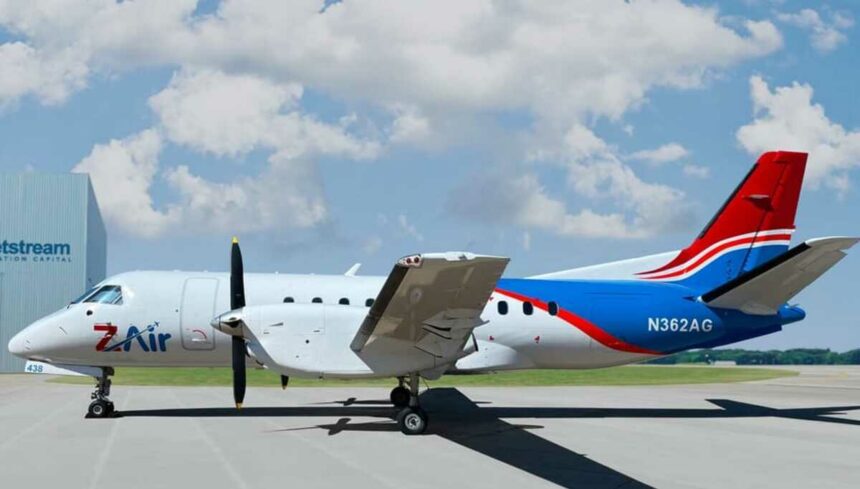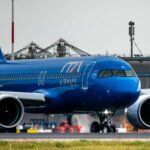Jetstream Aviation Capital, a Miami-based leader in regional turboprop leasing, is proud to announce the delivery of a Saab 340Bplus passenger aircraft to Z Air of Bonaire (Caribbean Netherlands) on March 11, 2024.
This aircraft (MSN 438) marks the beginning of a multi-aircraft commitment between Jetstream and Z Air.
It will support the airline’s scheduled and charter passenger services throughout the Caribbean, Central, and South America.
Z Air, established in 2000 and formerly known as EZ Air, recently underwent a rebranding. Certified by the Curacao Civil Aviation Authority, they operate a fleet of Saab 340 turboprop aircraft for both passenger and cargo transportation.
Jetstream Aviation Capital boasts the world’s largest fleet of Saab 340 and Saab 2000 aircraft, along with related parts and engines.
Their diverse portfolio, exceeding 150 aircraft, includes models like the ATR 72-600, Cessna Caravan, Embraer EMB-120, and Pilatus PC-12, supporting the regional turboprop market.
Z Air: Operations in the Caribbean
Z Air, the recipient of the new Saab 340Bplus boasts a rich history in Caribbean aviation. It was established in 2000 and formerly known as EZ Air. The airline recently underwent a rebranding to reflect a fresh start.
Certified by the Curacao Civil Aviation Authority, Z Air takes pride in their fleet of dependable Saab 340 turboprop aircraft.
These versatile planes serve both passenger and cargo transportation needs, connecting travelers and businesses across the Caribbean islands.
This new aircraft delivery from Jetstream Aviation Capital marks a further step forward for Z Air. The additional Saab 340Bplus supports the expansion their network. This currently customers throughout the Caribbean, Central, and South America.
Caribbean Aviation Sector
The Caribbean islands, with their scattered nature and dependence on tourism, rely heavily on a strong network of regional air services. Here’s a breakdown of some key aspects:
Importance
- Island Hopping: Due to the geography, regional airlines connect the various islands, allowing tourists to visit multiple destinations conveniently.
- Tourism Lifeline: Tourism is a major economic driver in the Caribbean. Regional air services are crucial for transporting visitors to different island destinations.
- Business Connections: These airlines facilitate business travel and trade within the Caribbean region.
Challenges
- Limited Range: The islands are typically small, so the demand for long-range jets is minimal. Regional airlines operate smaller turboprop aircraft with shorter ranges.
- High Costs: Operating costs can be high due to factors like fuel prices, airport fees, and maintaining smaller fleets. This can sometimes lead to higher ticket prices for passengers.
- Open Skies vs. Regulation: There’s an ongoing debate about “Open Skies” policies allowing more competition versus government regulations that may protect local carriers.

Click the banner to subscribe to our weekly newsleter.

Click the photo to join our WhatsApp channel so then you can stay up to date with everything going on in the aviation industry!







